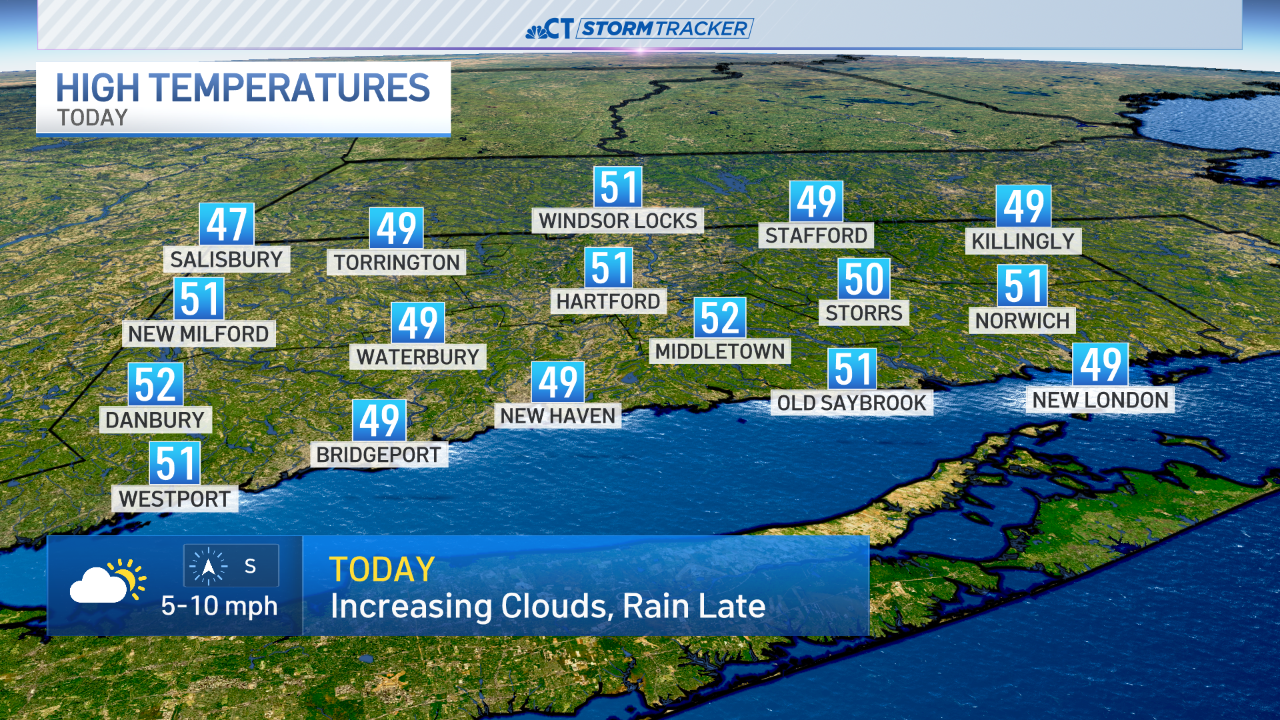
A temporary window allowing tiny structures in a backyard in New Haven is closing fast. Eight tiny structures erected last year have been the subject of controversy and soon will need to come down, according to the city.
The deadline to take the units down is Monday July 15th.
If the structures remain come Monday, according to the city, the utility service would be required to cut off power to the units, and a lien would be placed on the property.
But operators of the structures said Tuesday morning the structures have been incredibly beneficial, and residents taking advantage of the housing agree.
Get top local stories in Connecticut delivered to you every morning. >Sign up for NBC Connecticut's News Headlines newsletter.
“It made a big difference, especially in quality of life,” said Suki Godek.
She has lived in one of the units since they were put up and is a massive fan of the community they foster.
“This is more than just a community, this is a family, and this is something we have really built here,” said Godek.
Local
Organizers added so far, they have had no real issues once the city allowed power to come into the structures.
“Things are going tremendously well here what I mean by that, anyone that spends any amount of time here realizes that a community has been built here,” said Mark Coville with the Amistad House.
The city back in January helped facilitate a 180-day permit with the state so the structures could remain in place and receive electricity. They had to comply with set health and safety standards. The city also approved a temporary variance in zoning to allow the structures to stay.
But that 180-day window closes Monday, and the owners of the Amistad House, blame the city.
“The inaction of the city is coming to a head because they are letting this deadline pass and they are not respecting the wishes of the neighbors here,” said Coville.
Coville said the city warned the group the deadline was coming in a letter. But the city also noted with the temporary variance to zoning and 180-day permit, the deadline was always known. The sticking point isn’t with the city, but the state.
“The city has to abide by the state building code, we have to do that,” said Mayor Justin Elicker.
He says one of the major concerns is in liability if the city allowed the structures to stay. In order for the structures to fall into compliance, they would need a kitchen and bathroom. Something these individual units can’t have.
The Board of Alders is considering accessory dwelling unit approval in New Haven, which would be allowed by the state, but again, the structures would still require bathrooms and a kitchen.
As they stand, the units have a shared common bathroom, kitchen, and showers inside the Amistad house. Only a few feet from the front door of each unit.
“Ultimately the solution to these problems frankly is not people living in a small shed, it is people living in a humane environment that is a long-term place they can stay,” said Mayor Elicker.
According to the city, they will continue to engage people living in the Rossette Street community about the cities 6, soon to be 7, permanent shelters.
But those inside the community, don’t see those shelters as viable options. They say the success of the Rossette Street community has been its resistance to that model.
“That’s what we present ourselves as, is the alternate to the shelter system,” said Suki Godek.
They believe the tiny structure model is more effective than the cities option, because of its flexibility, and community centered approach. Godek noted her displeasure with shelters requirements of coming and going on a deadline each day.
She said she would hate to see the Rosette St community, something she helped build, and she claims has given her a sense of dignity, disappear.
“I am very optimistic we can make this work and it would be better for everyone here in New Haven, said Godek.



